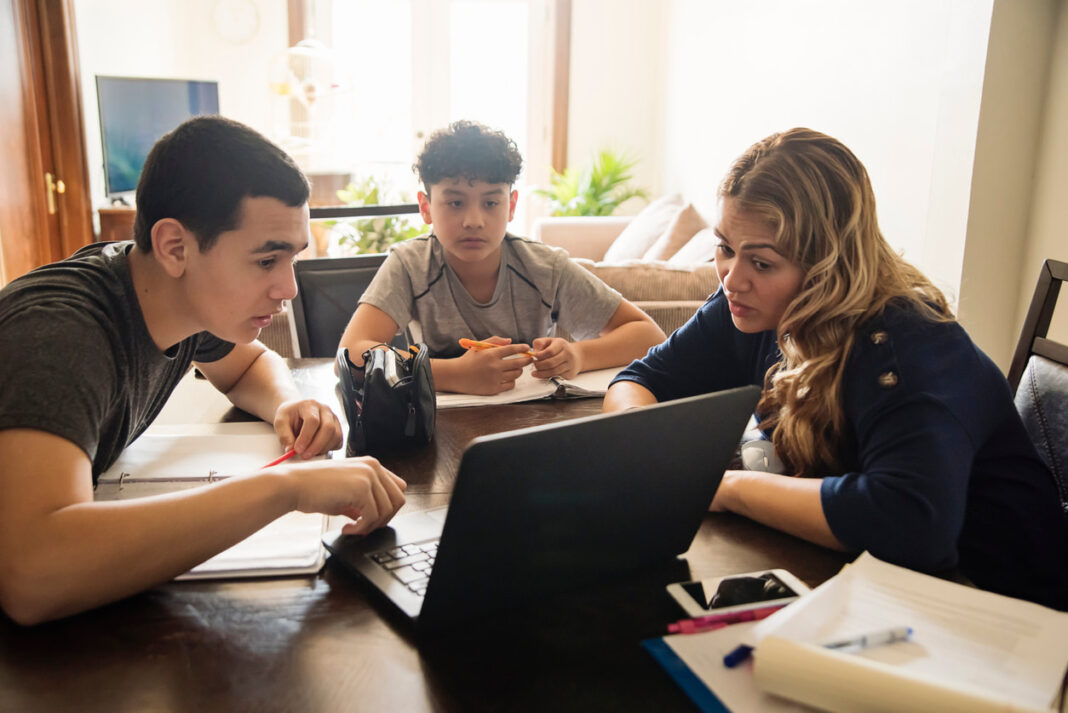Using online resources is becoming an important part of every child’s education, and students have boundless information at their fingertips.
Although searching the internet can enrich learning, it also poses the risk of revealing illegal, inappropriate, offensive or unsuitable content.
Australian Centre to Counter Child Exploitation (ACCCE) Commander Hilda Sirec told Canberra Daily her division worked tirelessly with its partners during COVID-19, to ensure children remained safe online.
“The AFP is aware that offenders saw COVID-19 as an opportunity to target vulnerable children spending more time online unsupervised,” she said.
“Last financial year, the ACCCE received more than 21,000 reports of child sexual exploitation, compared to more than 14,000 to the same period in the previous financial year.
“With many children spending more time online, it’s more important than ever that parents and carers understand what they are doing and the challenges they may face.”
ThinkUKnow is a program supported by the Australian Federal Police (AFP), Microsoft Australia, Datacom and the Commonwealth Bank.
The national initiative is designed to help Australian families navigate the complexities of keeping an eye on what young people see, say and do online while respecting their autonomy as they mature.
ThinkUKnow advises parents to discuss ‘safe searching’ with their children, and what to do if they come across something that makes them feel uncomfortable online.
“The most important thing that parents and carers can do is to start the conversation about online child safety with children from an early age,” Commander Sirec said, “and to continue talking with them regularly throughout all stages of their lives.”
If parents set up supervisory tools in a web browser, such as filters and parental controls, it’s important to find an age-appropriate way to explain why such restrictions are being put in place.
Crucially, children must know that support is available if they see or experience something online that is upsetting.
Research by the ACCCE found that young people were most likely to confide in friends or siblings of a similar age if something troubling happened online.
Experts from ThinkUKnow said this highlighted the important role friends and siblings played in reporting incidences of online child exploitation and cyberbullying, and supporting resilience.
Parents and carers are encouraged to have open conversations with children about the role peers can play in keeping one another safe, and to speak to a parent or carer if they know someone who needs help.
A practical, flexible mechanism for setting boundaries about a young person’s use of the internet is a Family Online Safety Contract.
Set out clauses in active, first person language like, “I will let my parents supervise where I go online as I understand they do this to help keep me safe”.
For more information, visit thinkuknow.org.au
Find a 24-page ‘Passport to Education’ booklet for enrolments in 2022 and beyond at education providers from early learning to Year 12 in the Canberra region in the 22 April edition of Canberra Daily.



